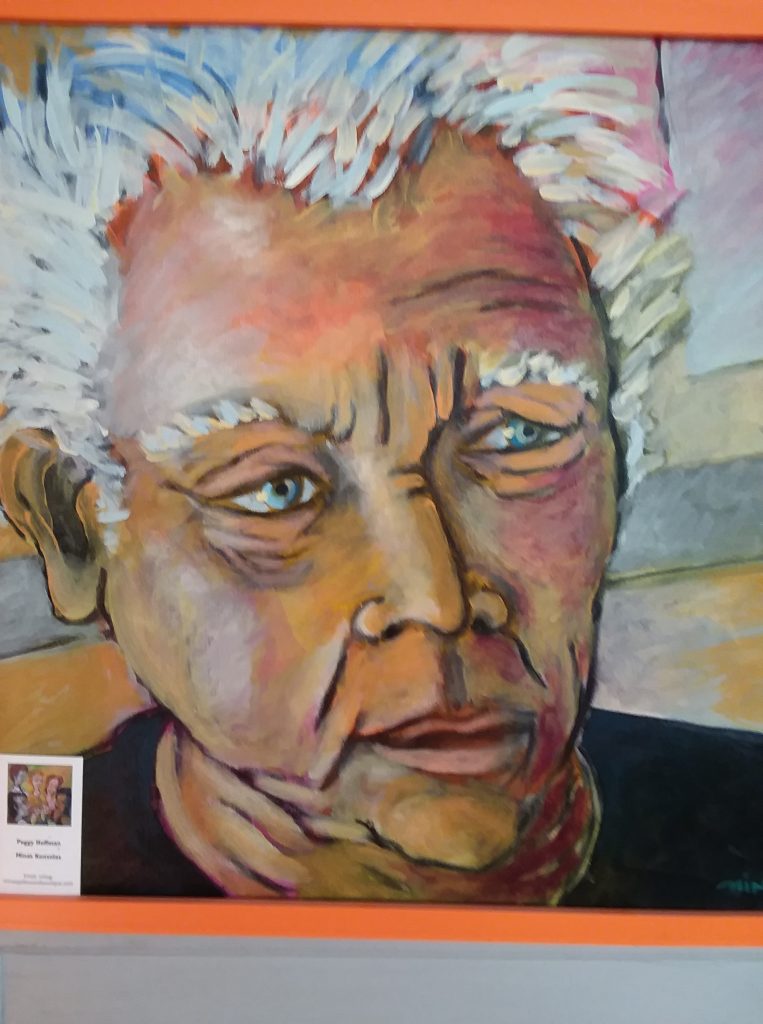by Shaileen Beyer, Librarian, Fiction Department
Hooray for David Eberhardt! His poem “After ‘Blade Runner 2049’ and Anton Webern ‘Piano Variations’- Op 27 / Ruhig, fliessend” has won the 2020 Pratt Library Poetry Contest. The Little Patuxent Review judges wrote, “This poem is one part syntactical cybernetic wild ride, and one part orchestral arrangement. Both help readers to hear, see, and critique our experiences of the world.”

We asked David some questions.
When did you write this poem? How did it begin—phrase, image, voice, title? Which part was written first? Which part last?
Roughly late 2016.
My poems write themselves (they better!). Then comes the editing. My brain works like a crow builds its nest- many disparate bits- shiny objects. This poem began with my desire to meet Ms Dickinson (ED). The only way I could meet her would be through some fictive time warp portal, hence. sci-fi. Sci-fi movies often have used Iceland’s landscapes. I love the color blue, as with Iceland’s glaciers.
The last part in which I get to meet ED comes if you are telling a story, it has a natural end. In this case I come back from the sci-fi off world and sci-fi memory programming.
Emily Dickinson plays a key role in your winning poem. Why Dickinson, and not another poet?
ED plays a role in my life!!! (lol) “Soundless as dots on a disc of snow” as ED wrote. But I ask, was this a surrealist? Who described a hummingbird as a “route of evanescence (iridescence?)”? It was ED.
Was she a revolutionary? In poetry, absolutely!! Her imagery is startling, fresh and new, thus incomprehensible to critics at the time.
A famous dictum from American poet Ezra Pound was “Make it new”.
Poetry needs magic, mystery, music and majesty. She has it all.
I grew up in the church and went to school near ED’s Amherst. Love the hymns and their quatrain form that ED uses. ED had problems with the church, as have I.